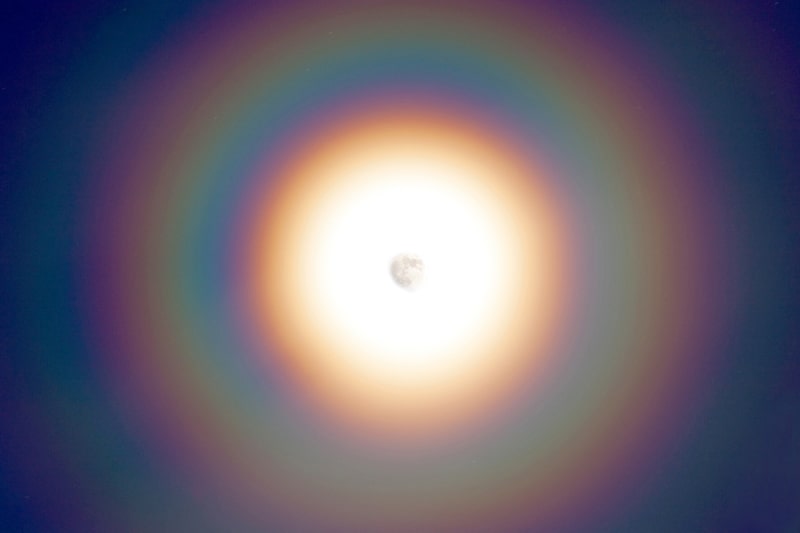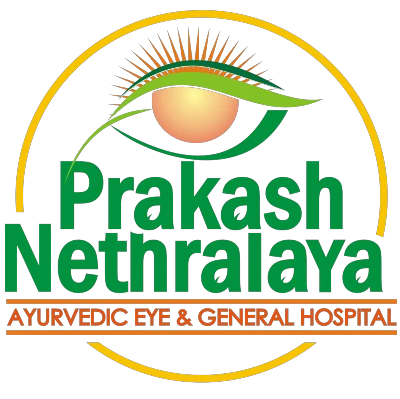Watch This Video
Watch this video to understand your disease better. Know about Glaucoma Ayurvedic Diagnosis and Learn How Ayurveda treats it effectively and naturally.
Get ayurvedic treatment for Glaucoma that effectively manage Glaucoma & Prevent the Progressive Vision Loss Naturally Through Ayurvedic Medicines & Panchakarma Therapies
Effectively Manage Glaucoma & Prevent the Progressive Vision Loss Naturally Through Ayurvedic Medicines & Panchakarma Therapies
Table of Contents
ToggleGlaucoma is diagnosed through a comprehensive eye examination and observation of a person’s medical history. There are a few other tests recommended for diagnosis of glaucoma like measurement of intraocular pressure, dilated eye examination, visual field test, gonioscopy, and pachymetry.
Ayurveda can treat Glaucoma successfully without any side effects. It uses herbal medications and Panchakarma therapies to reduce eye pressure and restore its normal functioning. The Panchakarma therapies like Virechana, Anjana, Netradhara, and Nasya play a key role in the elimination of toxins leading to an increase in ocular pressure. Then the medicines and the rejuvenating processes like Tharpana, Shirodhara restore the lost visual power and strengthen the damaged nerve.
Ayurvedic treatment can really make a difference by preventing any further degradation of vision and improving it to a considerable extent.
Watch this video to understand your disease better. Know about Glaucoma Ayurvedic Diagnosis and Learn How Ayurveda treats it effectively and naturally.

Glaucoma is a degenerative disorder that severe or reduces the blood supply to the optic nerve. It progresses in a gradual manner leading to loss of vision. Ayurvedic treatment for glaucoma resolves the problem naturally and prevents the deterioration of the optic nerve. Alongside, it also strengthens the vision and thus improving the overall visual health of the patient.
Glaucoma is a serious eye disorder that causes malfunctioning of the optic nerve. The optic nerve is responsible for communication between the brain and the eyes. Glaucoma is caused by high pressure inside the eye. As the pressure increases it starts wording the optic nerve tissues and interferes with the communication between the eyes and the brain.
If it continues unchecked, it finally damages the optic nerve to the extent where communication completely stops between the eyes and the brain. This results in permanent blindness. Therefore, the only way to prevent vision loss is early diagnosis of the problem and on-time treatment.




The first symptom of glaucoma is primary open-angle glaucoma. It is a silent problem that grows without any sign. It is crucial to get your eyes diagnosed comprehensively from time to time and monitor the changes.
Acute angle-closure glaucoma or narrow-angle glaucoma is the worst stage of this disease. It needs immediate attention from the doctor and surgery without delay.
Other common symptoms of glaucoma include:
Our eyeball is filled with a clear fluid called aqueous humour that is constantly created by the eyes. It fills a part of the eyeball cavity and leaves through the iris and cornea. Natural pressure is created in the eyes when the outer channels for aqueous humour get blocked partially or completely. As the pressure increases, it starts damaging the optic nerve. Vision starts going down as the damage to the nerve progresses.
The exact cause for increasing pressure in the eye is yet to be found. But there are a few other reasons that play a key role in the development of pressure inside the eyes:
Ayurveda says that food is like medicine, therefore, it should be used as one for the treatment of diseases. It is one of the most preliminary things that is recommended for the natural treatment of diseases like glaucoma.
The diet for glaucoma patients should take a diet that balances Kapha and regulates Vata and Pitta doshas.
For example, food products that restore the balance of Kapha needs to be cooked with less water, should be light, dry and consumed with some extra spices. It should not be greasy or heavy. The patient undergoing treatment should also avoid sour, sweet, and salty food items as they all contribute to Kapha.
The most beneficial food items include millets, barley, corn, all vegetables, garlic, etc. The patient must avoid seafood, red meat, cucumbers, olives, okra, tomatoes, and potatoes.

50,000+ Patients Successfully Treated
Our Ayurveda eye specialist examines a patient with Glaucoma from both Ayurvedic parameters and the modern test tools. The investigations give a precise understanding of the disease. Ayurveda doctor prescribes some tests like visual fields, RNFL study, and eye pressure. Evaluation of Vata, Pitta, and Kapha clears the pathology of the disease. After a detailed analysis, the doctor prescribes Ayurveda medicines, Panchakarma therapies, diet, and lifestyle recommendations. Patient with Glaucoma requires to stay in the hospital for three weeks. The patient may need to use the medicines, diet, and lifestyle changes for years. A detailed discussion with the doctor over an online video consultation can clear the exact line of treatment.
Yes, there is. It involves Panchakarma therapies like Tharpana, Shirodhara, Nasya, Anjana, and Virechan are used to stop further damage to the optic nerve. The Ayurvedic eye drops for glaucoma and medicines too work alongside the therapies to strengthen the optic nerve and stop its degeneration.
Yes, glaucoma can be treated without surgery, Ayurveda offers a completely natural way out of it. Panchakarma therapies, herbal eye drops, and Ayurvedic medicines for eye pressure can treat the problem to a considerable extent. However, the treatment must start at an early-stage otherwise the damage done to the optic nerve cannot be minimized.
Sorry, glaucoma can be controlled but cannot be cured forever. The Ayurvedic treatment can help in minimizing the damage to the optic nerve and strengthening the overall health of the eyes.
Eye pressure treatment in Ayurveda focuses on reducing the deterioration of the optic nerve. It involves Panchakarma therapies, medicines and eye drops that work side by side to relieve the symptoms without any side-effects. Ayurvedic medicines used to reduce eye pressure are extracted from natural herbs so bear no side-effects like Western chemical-based medicines.
No, glaucoma can only be managed or controlled. It is a non-curable disease. You must seek treatment as soon as the problem is identified. If you are looking for a Glaucoma specialist in India, you may want to consult Prakash Nethralaya and Panchakarma Kendra where Ayurvedic Opthamalogists provide Ayurvedic treatment for all eye diseases including glaucoma.
No, glaucoma cannot be reversed naturally or surgically. It can only be controlled by reducing the pressure on the optic nerve and improving the blood supply to it. Ayurvedic therapies and medicines can take care of this task naturally without any side-effects.
Early diagnosis and treatment are the only prevention of glaucoma. But the damage done to the optic nerve before the treatment cannot be reversed.
It can be treated by reducing the pressure on the optic nerve. Its effects cannot be reversed but early diagnosis and treatment can control further damage to the optic nerve.
Understand the root-cause of your problem, and begin your personalized treatment today
Book Video Consultation Now